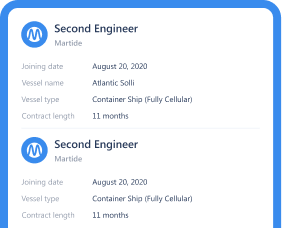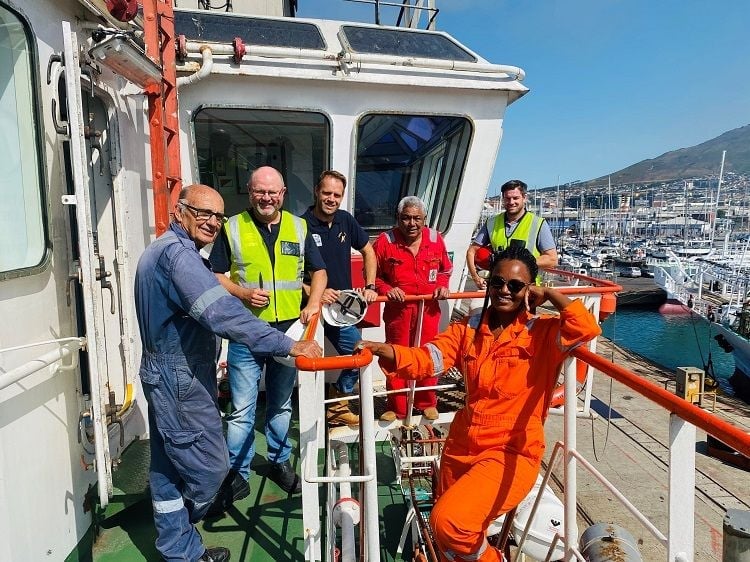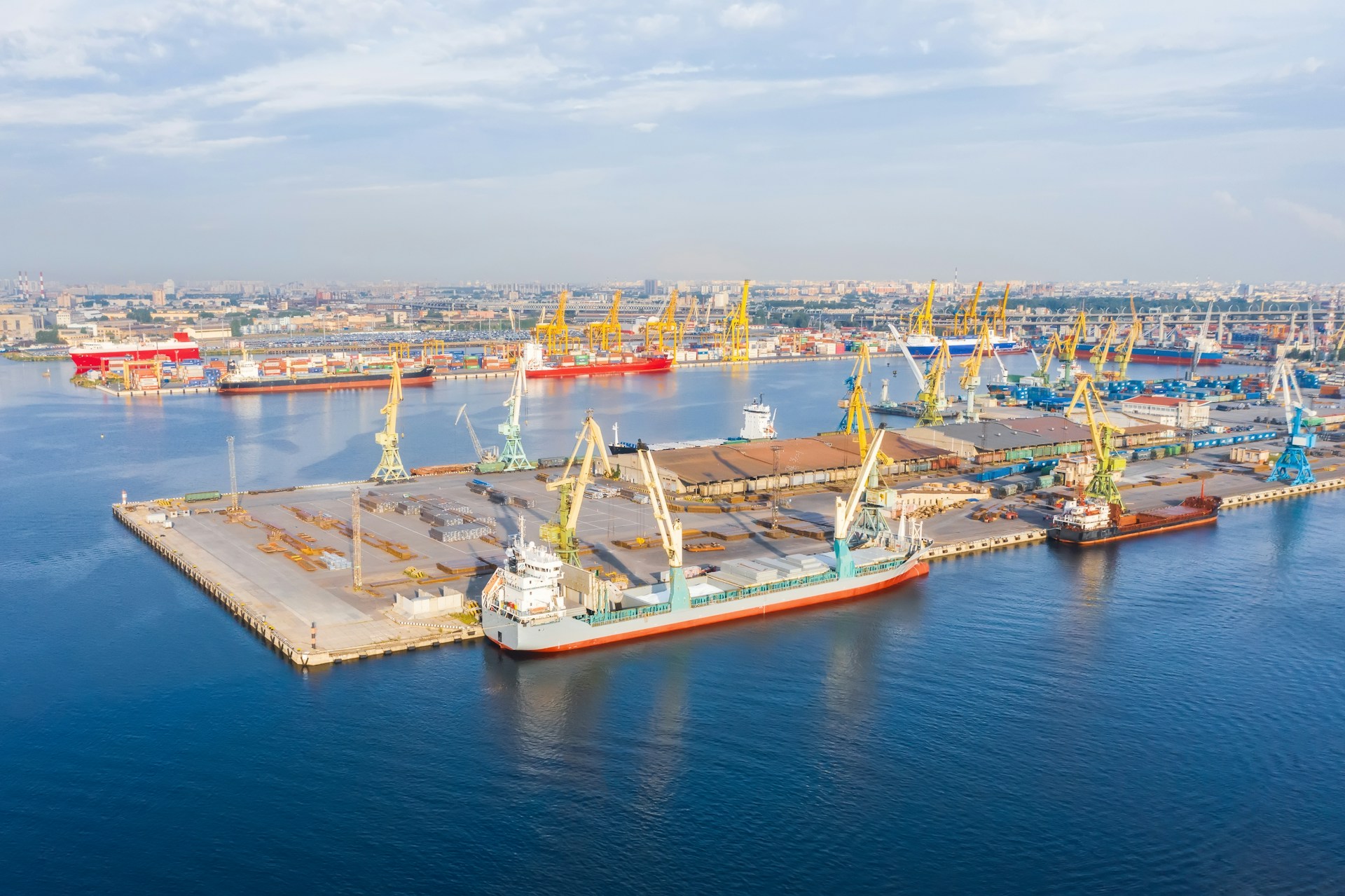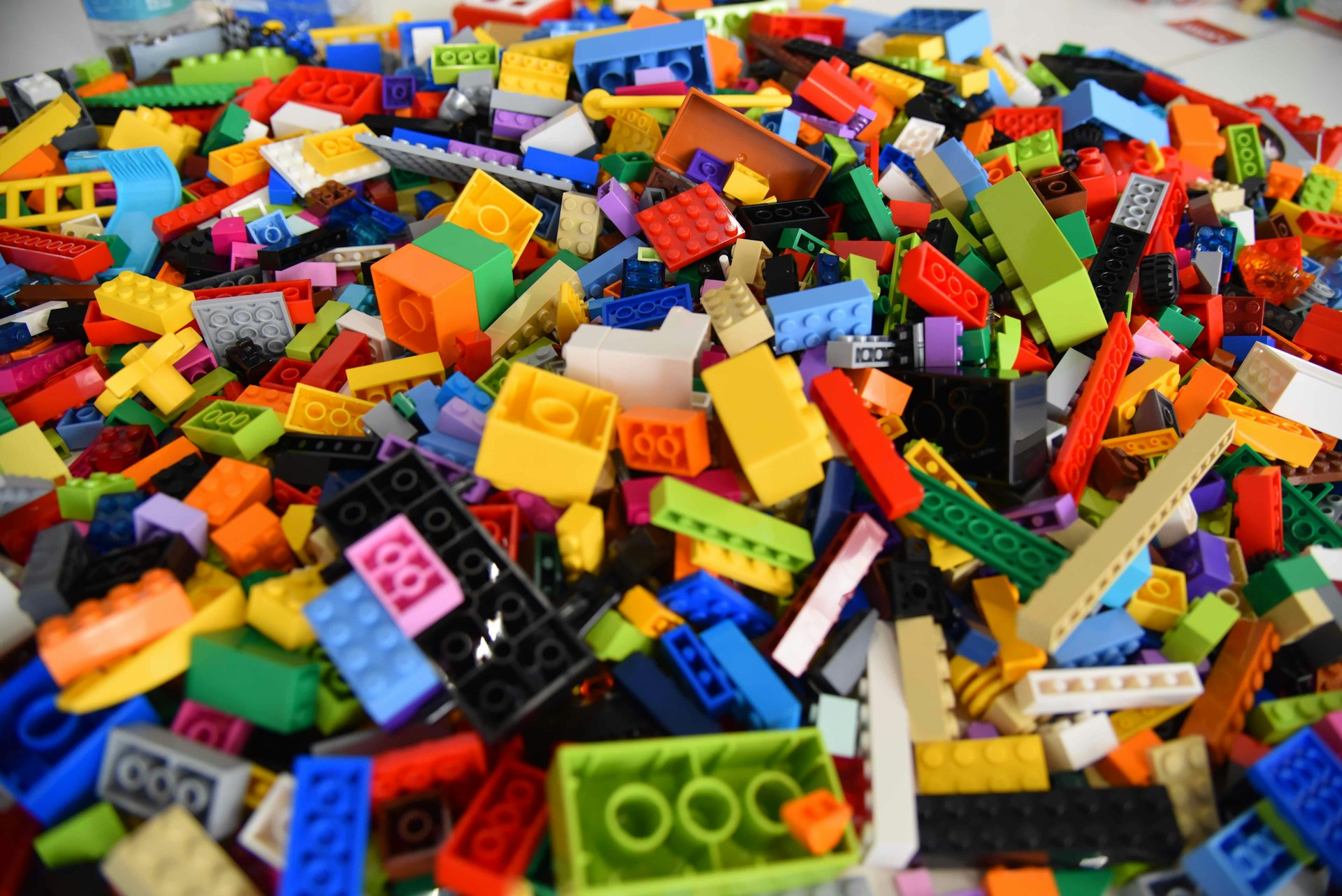Generation Restoration: Celebrating World Environment Day
Jun 04, 2024 · 8 mins read ·
Maritime Industry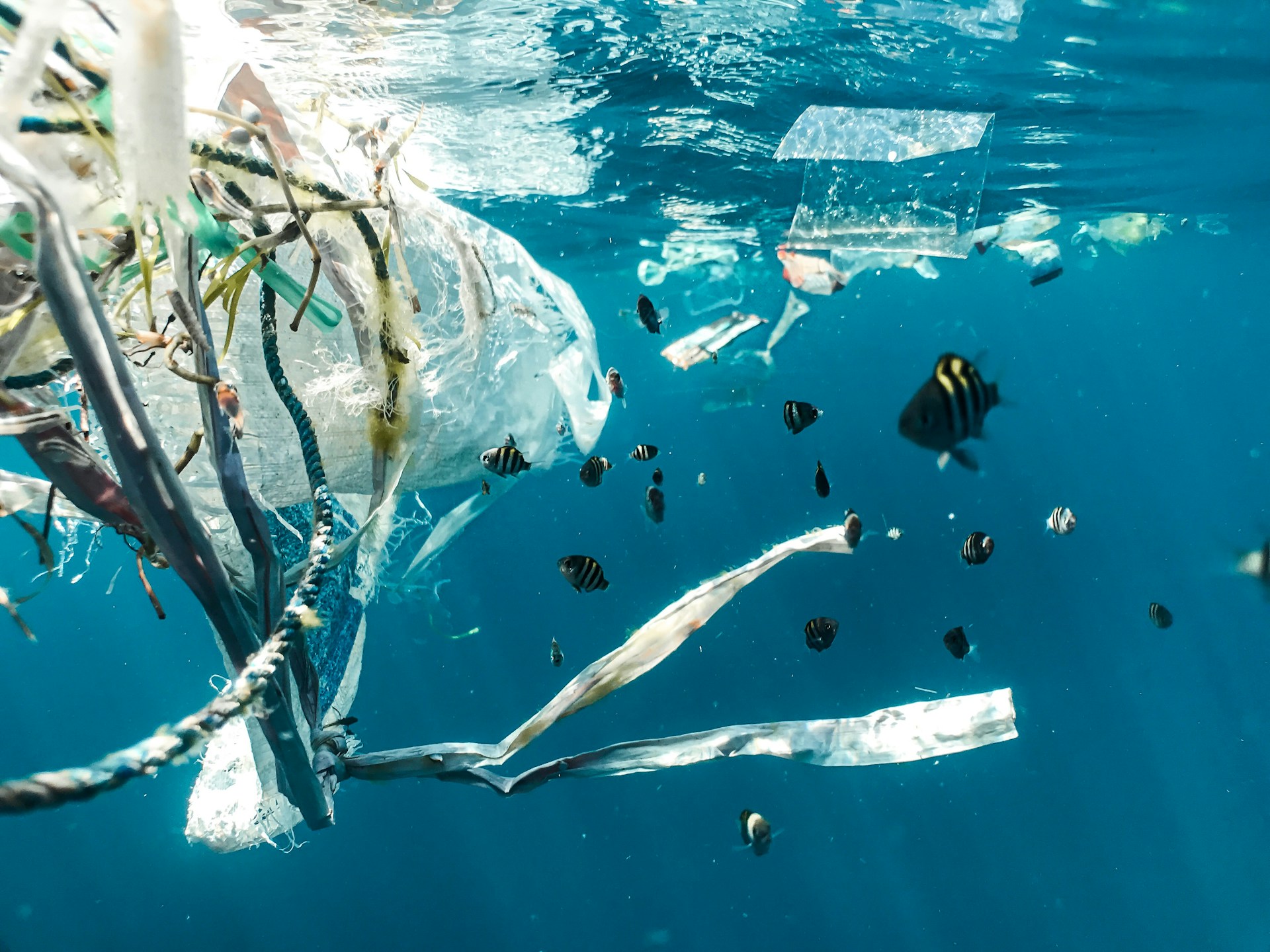
With World Environment Day being celebrated annually on June 5th, we thought today would be a good time to recognize this significant date in our global calendar and mark the occasion to promote awareness and action for environmental protection.
Initiated by the United Nations in 1974, the day has grown into a global platform for public outreach, with participation from over 143 countries worldwide. And as we approach World Environment Day this is the perfect opportunity to reflect on the critical issues facing our planet and mobilize collective efforts towards sustainable solutions.
What is the theme for this year's World Environment Day?
Each year World Environment Day has a different theme: last year’s theme concerned plastic pollution. This year, the theme is #GenerationRestoration and it shines a light on the work that needs to be done to rejuvenate our planet’s vital resources.
As per the World Environment Day website:
“We cannot turn back time, but we can grow forests, revive water sources, and bring back soils. We are the generation that can make peace with land.”
The world and its wonderful waterways
World Environment Day and its various activities and events focus on all aspects of our planet, both land-based and marine, but as we are a maritime blog, for this post we’ve decided to zone in on the globe’s aquatic systems, namely oceans, seas, lakes, and rivers.
Let’s dive in. (Pun 100% fully intended.)
The importance of aquatic ecosystems
Firstly, what is an aquatic ecosystem? For the uninitiated, as per the website Sciencing: “An ecosystem is a community of organisms that live and interact within a particular environment. In an aquatic ecosystem, that environment is water, and all the plants and animals in the system live either in, on or around that water. The specific setting and type of water, such as a freshwater lake or saltwater marsh, determines which animals and plants live there.”
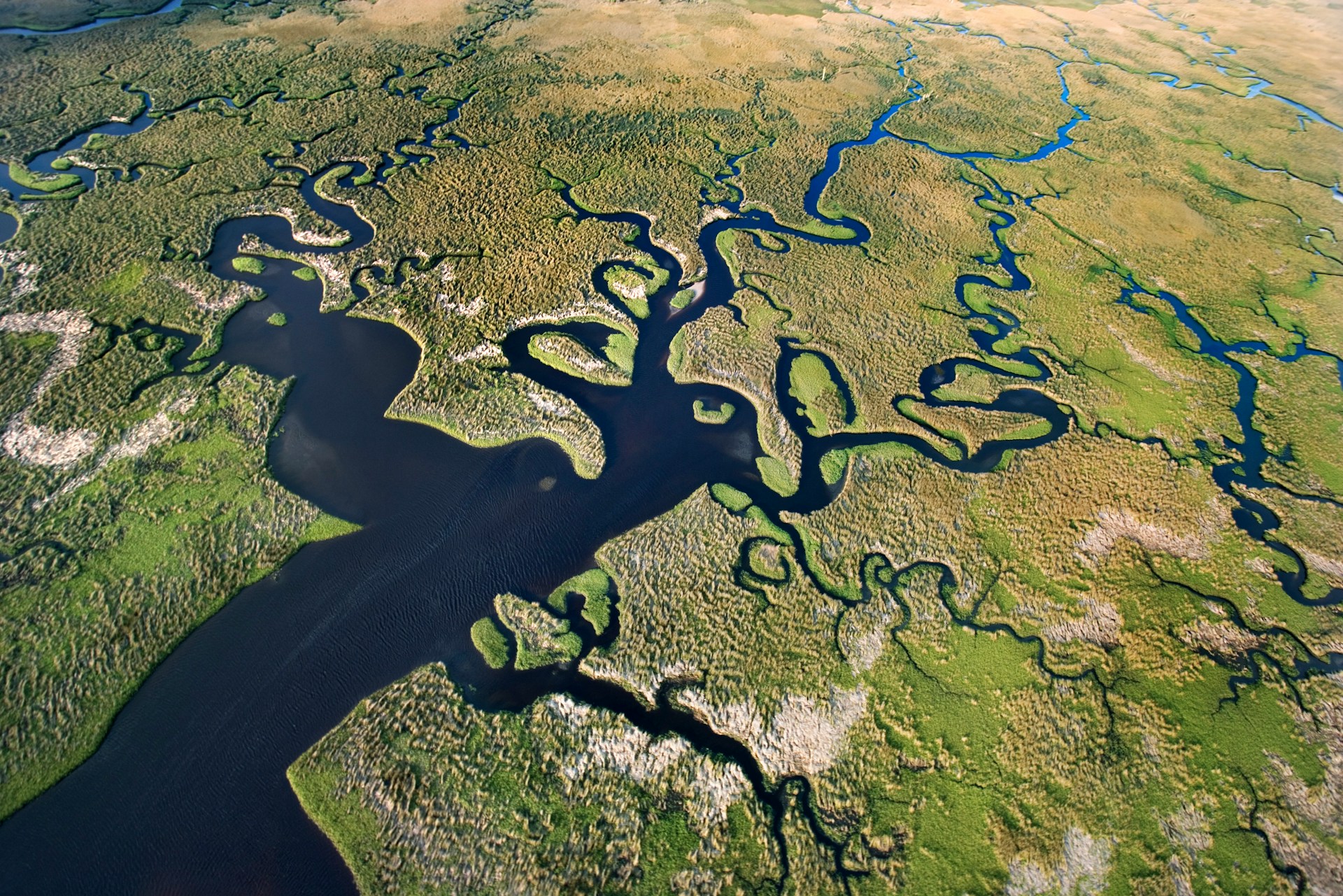
Aquatic ecosystems are integral to global biodiversity and human life. They provide essential services including water supply, habitat for marine life, and resources for human activities.
However, these life-giving waters face threats from pollution, overfishing, climate change, and habitat destruction. The degradation of these ecosystems not only harms the organisms that live in these waters but also affects the quality of life for humans on land.
Generation Restoration and how to heal our waters
This year, World Environment Day highlights the urgency of restoring both land and sea, and that includes our aquatic systems. The focus is not just on celebrating the beauty and diversity of these habitats but also on undertaking actions to repair the damage that has been inflicted over the years.
It’s a call to action for governments, communities, and individuals to engage in initiatives that aim to clean, protect, and conserve our planet - and its waters - for future generations.
How pollution affects aquatic life
Pollution is perhaps the most visible threat to aquatic ecosystems. Plastics, chemicals, and other waste materials end up in the world’s waters daily, having a devastating effect on marine life and water quality.
These pollutants not only kill marine organisms but also affect human health as they enter the global food chain. For example, microplastics have been found in the deepest points of the ocean and even inside the fish we eat.
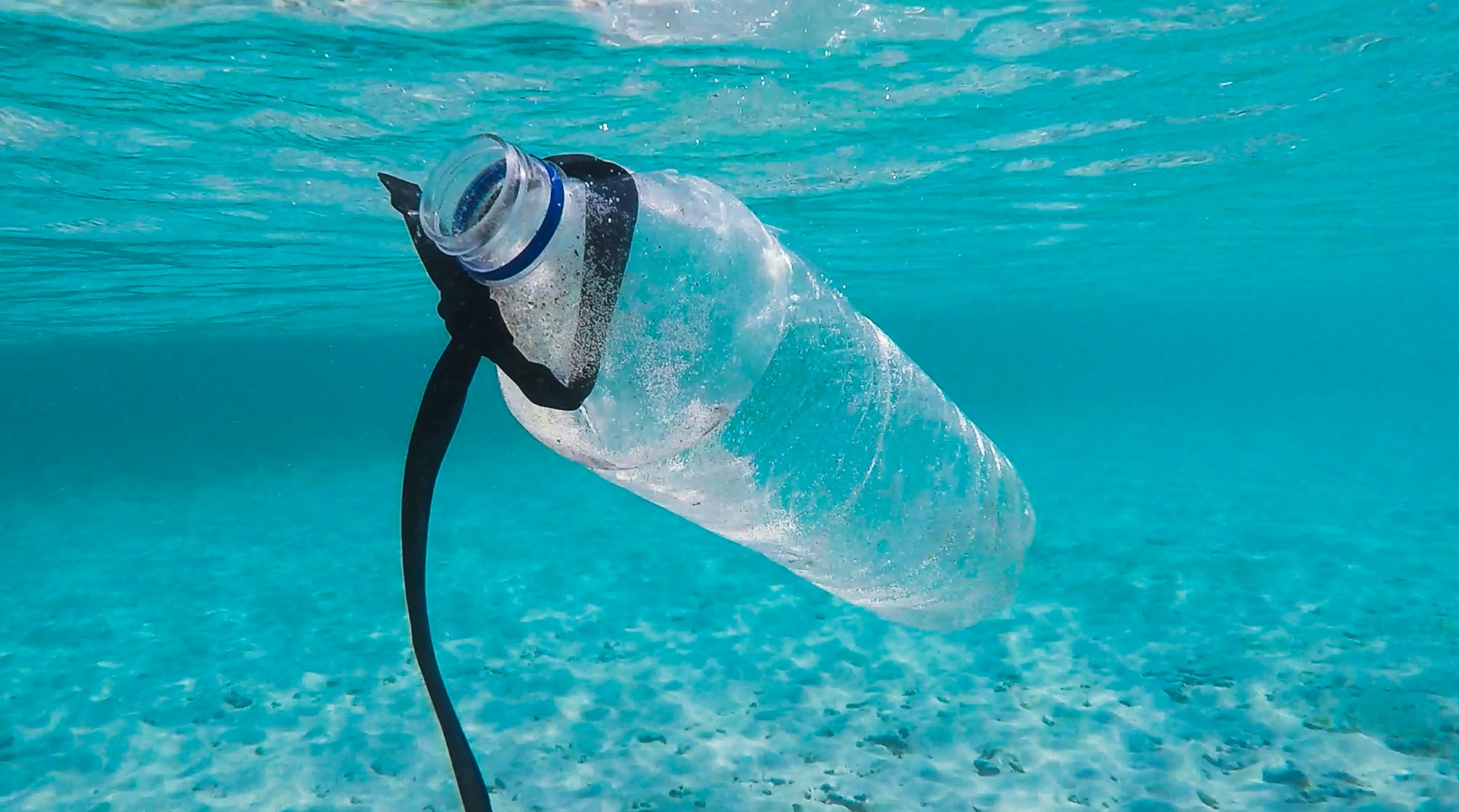
Consider this from Salon’s website: “...when it comes to plastics, consumers of seafood may be eating so much of the pernicious pollution that they are regularly chowing down on the equivalents of soda bottles and credit cards. Yet you will never hear a literal "crunch," and the reason for this is simple, unsettling and disgusting: The plastic in your seafood is "microplastic," a term for any plastic particle that is less than 5 mm in length.”
And if that doesn’t make you want to do something about plastic pollution, we don’t know what will!
Overfishing and habitat loss
Overfishing has depleted fish stocks faster than they can replenish, disrupting the balance of marine ecosystems. This practice often involves harmful methods that damage the seabed and other habitats, leading to biodiversity loss.
Furthermore, coastal development and agriculture runoff contribute to habitat destruction, pushing numerous species towards extinction.
The impact of climate change on the oceans
Climate change exacerbates the challenges faced by aquatic environments. Rising sea temperatures lead to coral bleaching and the loss of breeding grounds for fish and other marine species.
Melting ice caps and glaciers raise sea levels, altering habitats and increasing the salinity of rivers and lakes, which can be detrimental to freshwater species.
What action can we take?
Restoring our oceans, rivers, lakes, and seas requires urgent and sustained effort - and we can all play our part in helping out. Here are some ideas for actions that individuals and communities can undertake:
Reduce plastic use
Opt for reusable products and support bans on single-use plastics to decrease the amount of waste entering our waters. For example, say no to plastic takeout cutlery and straws and yes to carrying your refillable water bottle or flask with you at all times!

Support sustainable fisheries
If you eat fish or seafood, only purchase these from sustainable sources and support regulations that prevent overfishing and promote marine conservation. The Friend of the Sea has a downloadable list of suppliers of sustainable seafood on their website which you can sort by country.
Participate in clean-up drives
Join a local clean-up on a beach, riverbank, or lakeside to remove trash and improve water quality. Can’t find anything locally? Why not organize your own at a local body of water and get others to join you.
Advocate for policy changes
Support policies and initiatives that aim to reduce pollution, protect habitats, and mitigate the effects of climate change.
Educate yourself and raise awareness
Finding and sharing information about the importance of healthy aquatic ecosystems and what can be done to protect them is a good way to get more people involved. Whether you’re in a position to share information through your employment or within your social groups, the more people who know what’s happening, and more importantly, what can be done to effect change, the better!
Are you part of Generation Restoration?
Whatever the annual theme may be, World Environment Day is an opportunity to reaffirm our commitment to environmental stewardship and take concrete steps towards restoring both our aquatic and our terrestrial ecosystems.
By focusing on healing our land and waters, we can ensure the health of our planet for future generations. This day should be a reminder of the power of collective action and the difference each of us can make.
It’s time to get behind the theme of #GenerationRestoration, participate actively, and work towards a future where our planet is once again a thriving source of life and beauty.

Eve Church
Eve is Martide's content writer, publishing regular posts on everything from our maritime recruitment and crew planning software to life at sea. Eve has been writing professionally for more than two decades, crafting everything from SEO-focused blog posts and website landing pages to magazine articles and corporate whitepapers.
UK
